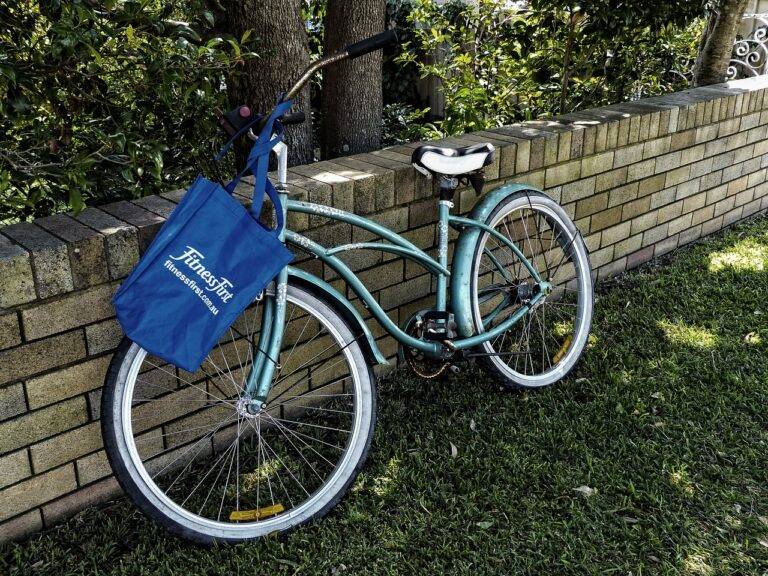The Power of Mindful Breathing for Supporting Emotional Regulation in Children and Teens
Incorporating mindful breathing practices into children and teens’ daily routines can significantly enhance their emotional well-being and overall mental health. Teaching them the power of intentional breathing can provide them with a valuable tool to navigate through challenging situations and regulate their emotions effectively. By fostering an early understanding of how breathing is intricately connected to their emotional states, children and teens can develop a heightened sense of self-awareness and resilience.
Moreover, introducing mindful breathing techniques can empower young individuals to proactively manage stress and anxiety in various aspects of their lives. By encouraging them to pause, focus on their breath, and bring awareness to the present moment, they can learn to approach stressful circumstances with a greater sense of calm and clarity. Equipping children and teens with these mindfulness skills not only equips them with essential coping strategies but also cultivates a sense of inner peace and balance amidst life’s ups and downs.
Understanding the Connection Between Breathing and Emotional Regulation
Breathing plays a crucial role in emotional regulation. When we are stressed or anxious, our breath tends to become shallow and rapid. This triggers our body’s fight-or-flight response, leading to an increase in heart rate and tension in our muscles. As a result, our emotions can become heightened and more difficult to manage.
Conversely, by practicing mindful breathing techniques, individuals can slow down their breath and activate the body’s relaxation response. This helps to calm the mind and body, reducing feelings of stress and anxiety. By becoming more aware of their breath and learning how to regulate it, children and teens can improve their emotional well-being and develop effective coping mechanisms for dealing with challenging situations.
Mindful breathing techniques can help slow down breath and activate the body’s relaxation response
Calming the mind and body through mindful breathing reduces feelings of stress and anxiety
Improved emotional well-being and effective coping mechanisms can be developed through regulating breath
How Mindful Breathing Can Help Children and Teens Manage Stress
Mindful breathing is a powerful tool that can assist children and teens in managing stress more effectively. By focusing on their breath, individuals can center themselves in the present moment, helping to reduce feelings of anxiety and overwhelm. This practice encourages a sense of calm and relaxation, allowing young people to navigate stressful situations with greater ease.
When children and teens embrace mindful breathing as a stress management technique, they develop the ability to regulate their emotions more efficiently. By tuning into their breath, they become more attuned to their inner state and can recognize when stress levels are escalating. This heightened awareness empowers them to intervene and implement breathing exercises to regain a sense of balance and composure. As a result, practicing mindful breathing can significantly enhance their emotional well-being and resilience in the face of stress.
How can mindful breathing help children and teens manage stress?
Mindful breathing can help children and teens manage stress by allowing them to focus on their breath, which can help calm their mind and body, reduce anxiety, and improve their ability to regulate their emotions.
Why is it important to teach children and teens about mindful breathing?
Teaching children and teens about mindful breathing can provide them with a valuable tool for managing stress and promoting emotional well-being. It can help them develop self-awareness, improve their ability to regulate their emotions, and enhance their overall mental health.
How does mindful breathing help with emotional regulation?
Mindful breathing can help with emotional regulation by providing children and teens with a way to pause and respond to challenging situations in a calm and controlled manner. By focusing on their breath, they can better manage their emotions and make more thoughtful decisions.
Can mindful breathing be used as a coping strategy for children and teens?
Yes, mindful breathing can be used as a coping strategy for children and teens when they are feeling stressed, anxious, or overwhelmed. By practicing mindful breathing techniques, they can reduce the intensity of their emotions and feel more in control of their reactions.
Are there specific techniques for teaching children and teens how to practice mindful breathing?
Yes, there are various techniques that can be used to teach children and teens how to practice mindful breathing, such as belly breathing, counting breaths, and guided imagery. It is important to find a technique that resonates with the individual and can be easily incorporated into their daily routine.







